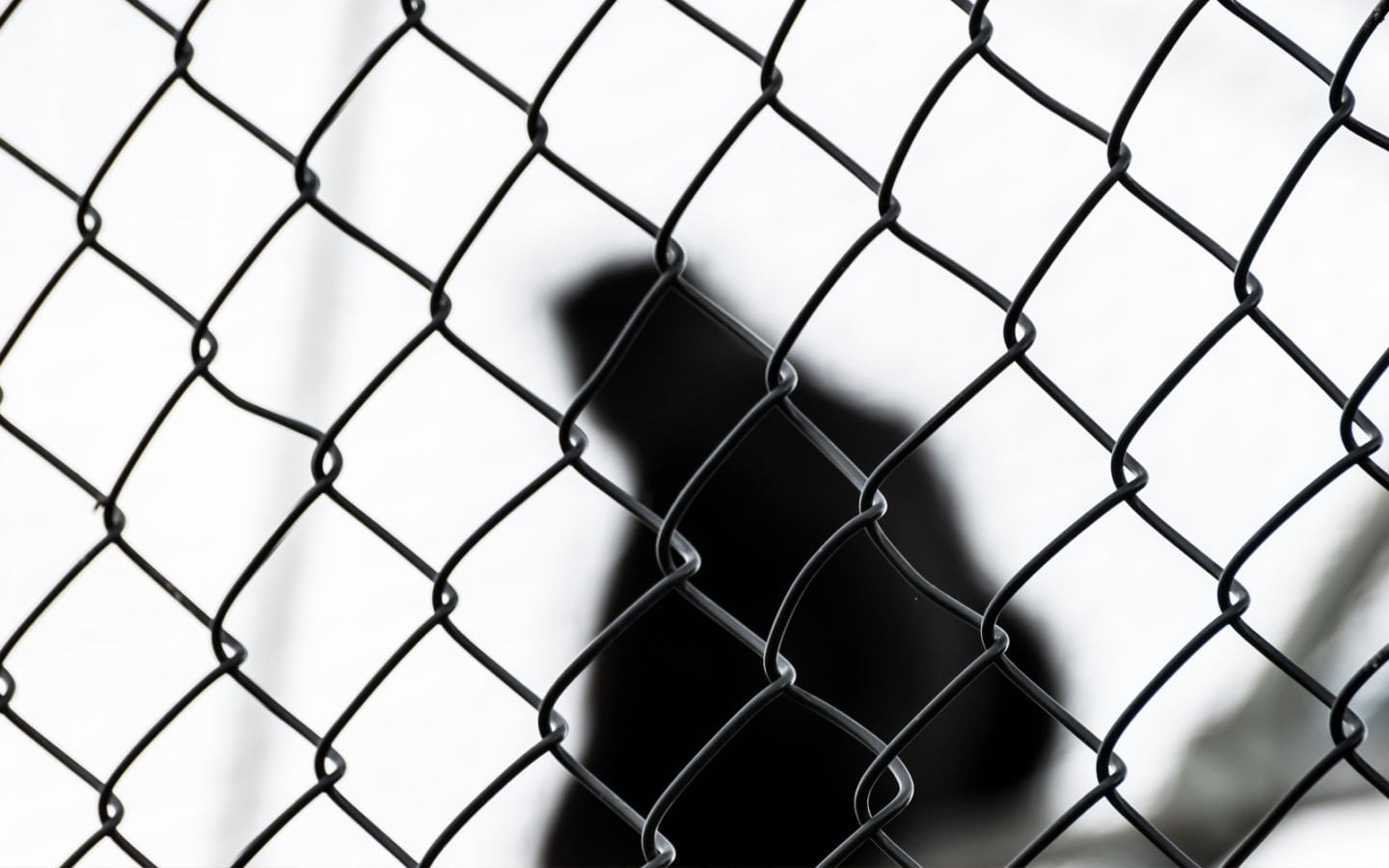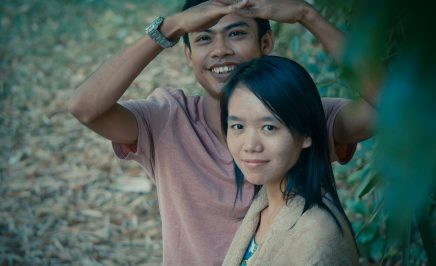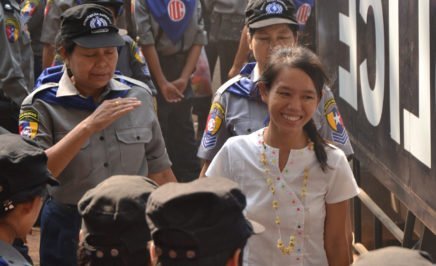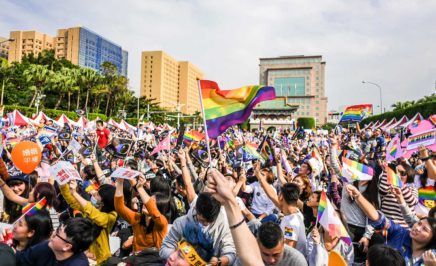Undeterred by threats, physical attacks and prison, human rights lawyer Robert Sann Aung has been defending activists in Myanmar for more than 30 years.
After the recent elections in Myanmar, Robert talks to us about his hopes for his country.
President Thein Sein came to power in 2010 after highly criticised elections. What do you think about the much-promoted reforms since then?
Before the 2010 election, it was very difficult to highlight occasions where there had been an abuse of law. But later I was able to speak to the media to show what was happening. I used the media as a weapon. I believe that the media is the only way we can defend ourselves, even against nuclear weapons.
From 2010 to 2012, the human rights situation in Myanmar was a bit better, but after that time the authorities started arresting peaceful protesters again. The supposed reforms that have taken place are just sugar coating. The authorities only use the law to protect their cronies, not civilians.
The supposed reforms that have taken place are just sugar coating.
The President wants the world to believe that no-one is arrested for peacefully expressing their opinions. What is the reality?
The government is playing a game of “run and catch” with people who speak out. They have a law which allows freedom of expression but they also have a law which bans free protest. So they let people run, but then they catch them. They let people speak out initially, but they always jail them eventually.
You can only speak freely in two places: jails and graveyards. You can say what you want, as long as you’re in jail. But you can’t speak freely outside prison.
Do you think the recent elections will herald a new era of freedom?
Most of the election candidates are from the military, so they’re the same as what we have now. Also, at the moment, 25 per cent of the seats in the Parliament are reserved for the military, so even if we have a popular civilian government, they won’t be able to influence the Parliament. If we can change the constitution so the military doesn’t dominate, it will be better for the country.
What can the international community do?
I ask the international community to highlight what is going on in Myanmar. They need to put pressure on the government to change, and also use sanctions, which have been used in the past.
What can Amnesty activists do?
I would love to see an Amnesty office in Myanmar, to help educate people about their human rights – most people don’t even know that they have rights to defend. I ask all Amnesty supporters to keep a close watch on what is going on in my country.
As a lawyer, who are you defending at the moment?
I represent student protesters detained alongside Phyoe Phyoe Aung, who helped organise a march against a new education law in Myanmar. They are facing nine-and-a-half years in prison, which is the standard sentence for political prisoners. Phyoe Phyoe Aung’s soul is full of justice – her father was also a political prisoner. I support the campaign to free her and the other students 100 per cent.




